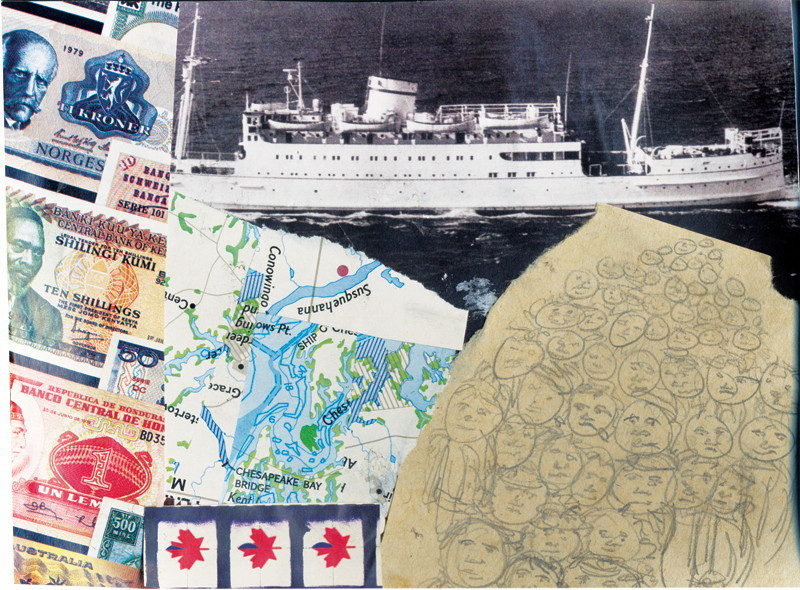Military priorities
New citizenship guide emphasizes war, barely mentions arts or culture
“Conservatives don’t give a shit about you until you reach military age. Then they think you are just fine. Just what they’ve been looking for. Conservatives want live babies so they can raise them to be dead soldiers.”
- George Carlin
As I was going through the newsfeed last week, I came across a government press release announcing that the federal Conservatives have released a brand new study guide for the citizenship exam, which must be passed by newcomers to Canada. The press release celebrates the expanded scope and content of this new study guide, which apparently had not changed much since 1995.
“At last, Canada has a guide for prospective citizens that is not an embarrassment,” it quotes Jack Granatstein.
For those who are curious, Granatstein is a Canadian historian and author, an open supporter of the Iraq War, a harsh critic of Lloyd Axworthy’s work as Minister of Foreign Affairs and has also expressed serious objections to multiculturalism.
Indeed, Granatstein is at least correct that the study guide has been changed dramatically. A new emphasis has been placed on the wartime history of Canada. Information on the battles between Upper and Lower Canada are included, along with the details on the War of 1812, the Red River Rebellion, Canada’s involvement in the First and Second World Wars and the Korean War, as well as United Nations peacekeeping missions in Egypt, Cyprus, Haiti, Yugoslavia and Afghanistan. They’re all in there. Of roughly 50 pages, five or six in the new edition are dedicated solely to discussing the bloodier side of Canada’s heritage.
In contrast, the arts and culture section of the new guide clocks in at two-and-a-half pages, including one page of Canadian inventions and discoveries and one for sports. The remaining half-page makes no reference to specific Canadian television shows, radio programs, musicians, singers, poets, novelists or films.
The culture section provides other useful information, such as, “Canadian football ... differs in a number of ways from American football.” Unfortunately, it does not go on to elaborate how.
The federal government plans to make this guide available to Canadian schools and to hopeful immigrants.
What then are we to make of it, if it just barely pays lip service to Canadian arts and culture, yet contains an over-emphasis on Canada’s military history? What does this guide say about how this government wishes to present our nation to its newest and youngest citizens?
Just as I was pondering the question, the answer was revealed to me.
Page nine, printed above the warm and smiling faces of uniformed men and women, notes, “Serving in the regular Canadian Forces ... is a noble way to contribute to Canada and an excellent career choice ... young people can learn discipline, responsibility and skills by getting involved in the cadets.”
Man, I thought. Carlin could not have said it any better.
Rob Holt is glad he is already a Canadian citizen.
Published in Volume 64, Number 12 of The Uniter (November 19, 2009)








